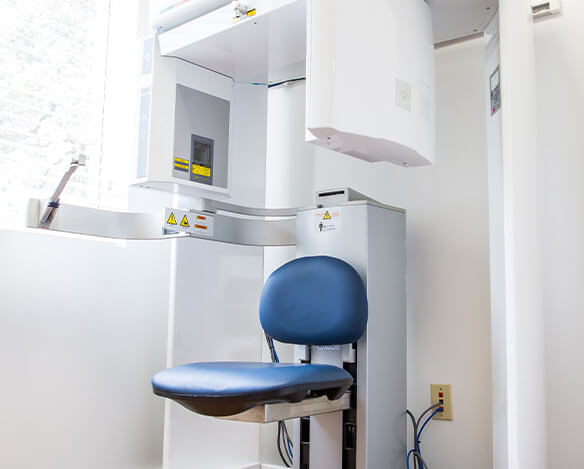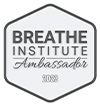CBCT Technology – COPPELL, TX
CBCT Technology
Although digital X-rays are incredible tools for helping in the diagnosis of oral health problems, they don’t always provide the highest degree of detail that can help dentists deliver care with precision. For this reason, our team at Melisssa Rozas DDS and Associates of Coppell utilizes the newest technology in dental imaging: a cone beam scanner. With a single scan from this device, we can easily produce a wide variety of views and angles of your little one’s teeth so that we can perform a more complete evaluation of their oral health! Keep reading to learn more about what you can expect from CBCT technology.
What Is a Cone Beam Scanner?

CBCT is an abbreviation for Cone Beam Computed Tomography. This device typically uses the same kind of radiation as traditional X-rays, but it’s emitted in a cone-shaped beam, allowing it to capture more thorough, three-dimensional images of your child’s smile. Not only can our dentists get a highly detailed look at your little one’s pearly whites and jaw, but the scanner can also reveal nerves, connective tissues, and your child’s airway and the structures in it, such as tonsils, adenoids, sinus cavities, soft palate, hard palate, and their upper and lower jaws—most of the small components that we otherwise wouldn’t be able to capture with a regular X-ray.
We can also adjust the kind of image the device takes, such as panoramic and cephalometric (lateral). The best part: the focused x-ray beam reduces scatter radiation, resulting in better image quality and providing a safer procedure for both your child and their dentist.












